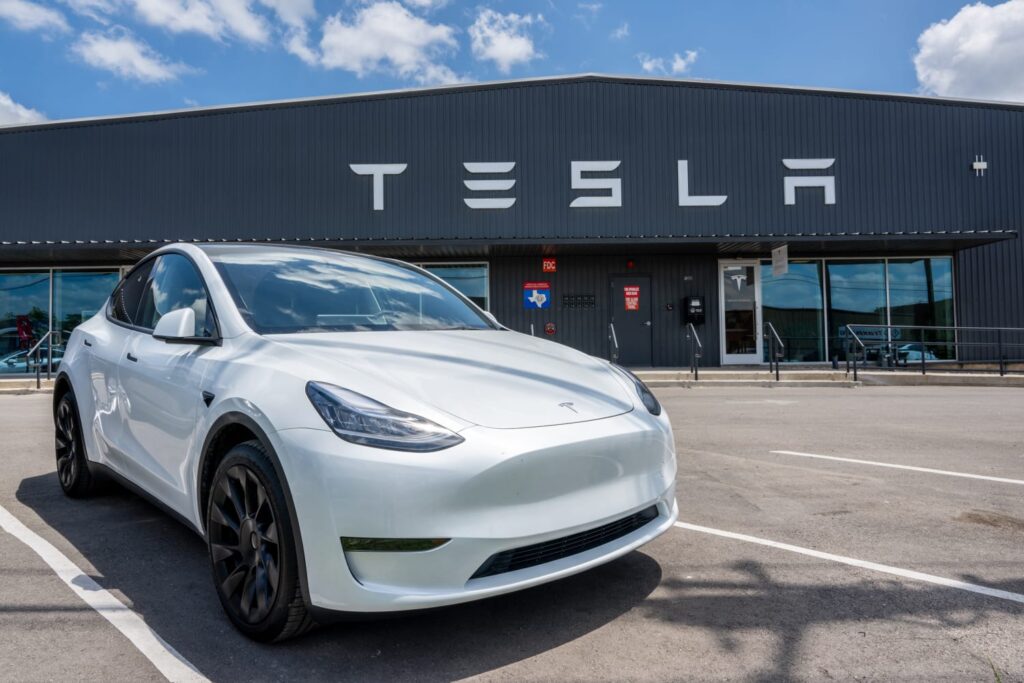Canada has imposed a 100% tariff on electric vehicles (EVs) manufactured in China, with Tesla being the primary company affected for the time being. The new tariff, which came into effect recently, is part of broader economic tensions between Canada and China.
Background on the Tariff
The tariff was introduced as a response to what Canadian officials describe as unfair trade practices by China. This significant move aims to level the playing field for domestic and international manufacturers competing in the Canadian market. For more information on the trade dispute, visit this Reuters article.
Impact on Tesla
Tesla, which imports several of its EV models from its Shanghai Gigafactory, is currently the most affected automaker. The tariff has led to increased costs for Tesla, which may translate into higher prices for Canadian consumers. The company has not yet announced any specific measures to mitigate the impact of the tariff.
Broader Implications
While Tesla is presently the primary company impacted, other manufacturers may also be affected if they decide to import EVs from China. The tariff could prompt automakers to reconsider their supply chains and manufacturing locations. This situation may also influence consumer preferences and the overall market for electric vehicles in Canada.
Future Outlook
The future implications of this tariff are still unfolding. Industry experts are closely monitoring the situation to understand its long-term effects on the automotive market and international trade relations.
For more detailed analysis, click here.
Original Story at news.google.com
